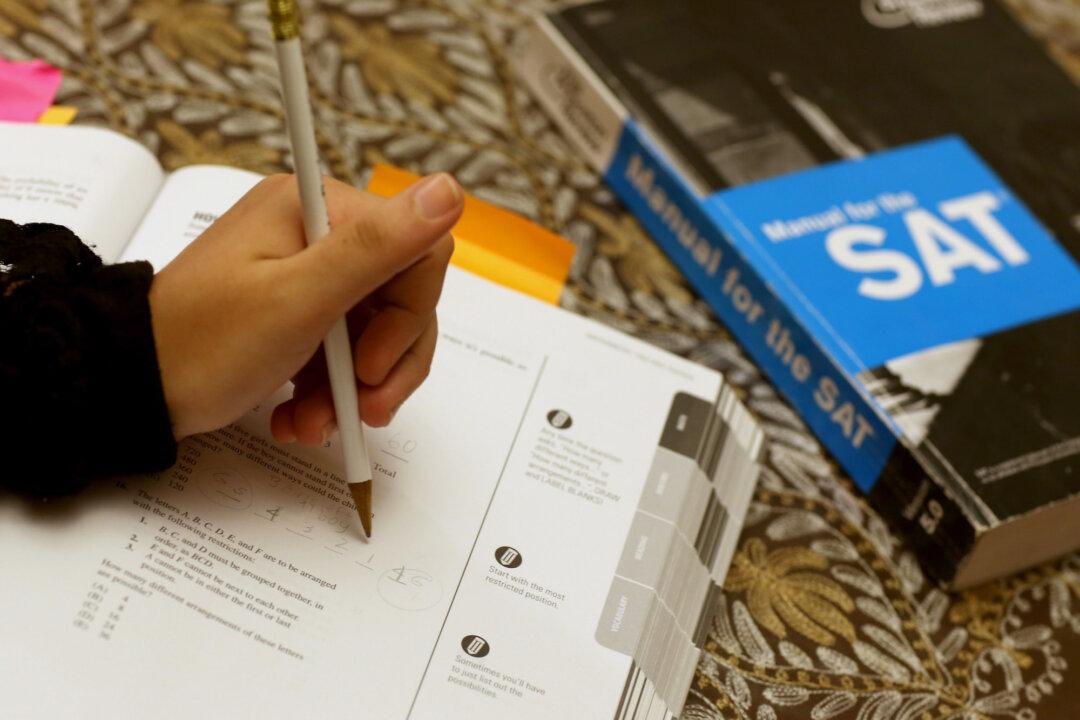Yale University on Thursday said it will once again require prospective undergraduate students to submit their standardized test scores to be considered for admission.
Yale adopted a test-optional admissions policy in June 2020, when most colleges and universities in the United States dropped their test score requirements as widespread pandemic lockdowns forced testing locations to shut their doors.





